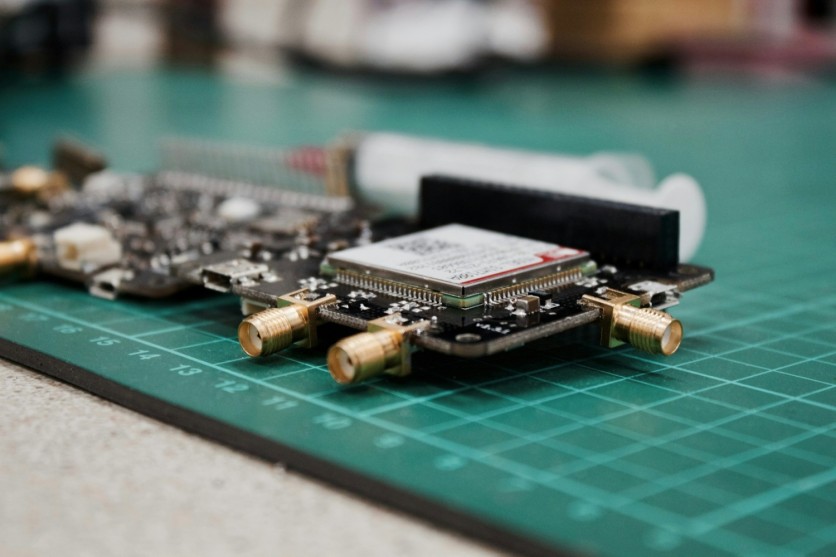There's a chance that the internet-connected chip machines in Taiwan can be "remotely shut off" by ASML and TSMC, the two leading semiconductor giants globally if unexpected tension arises between China and the smaller nation, according to Taiwan's new technology minister Wu Cheng-wen.
As first reported by Bloomberg, the strategic measure, often referred to as a "kill switch," could be activated in the event of a Chinese invasion of Taiwan.
This is tied up to the rising geopolitical conflicts and the critical importance of Taiwan in the global semiconductor supply chain.
ASML's Dominance in Chipmaking Equipment

ASML, a Dutch company and Europe's top tech firm by market value supplies advanced lithography machines crucial for chip production. One of its key clients is Taiwan Semiconductor Manufacturing Company (TSMC), which is responsible for producing approximately 90% of the world's most advanced processor chips. These chips are essential components in a wide range of products, from data centers to smartphones, and any disruption in their supply could have significant global economic repercussions.
Rising US-China Tensions
The introduction of the "kill switch" capability is occurring amid escalating tensions between Washington and Beijing. The United States, citing national security concerns, has implemented restrictions on China through the Advanced Computing Chips Rule.
These restrictions aim to curb China's ability to import advanced AI chips from American manufacturers. Additionally, the US has urged the Netherlands to block certain ASML exports to China further to limit the country's advanced chip manufacturing capabilities.
ASML has complied by ceasing the servicing of some equipment previously exported to China.
Taiwan's Critical Role in Semiconductor Manufacturing
Taiwan stands at the heart of the semiconductor industry. A potential conflict in the Taiwan Strait, exacerbated by China's aggressive military drills and political stance towards Taiwan's new president, William Lai, could severely impact the global chip supply.
TSMC, the largest buyer of ASML's extreme ultraviolet lithography machines, plays a big role in the production of microchips used in AI and military applications.
Strategic Diversification and the CHIPS Act
In response to these geopolitical threats, TSMC is diversifying its manufacturing capabilities, per Business Insider. The company is establishing a second facility in Arizona and new plants in Japan and Germany. However, these facilities will require time to become fully operational.
Meanwhile, the US government is strengthening domestic chip production through the CHIPS Act, which provides substantial subsidies for manufacturing, research, and workforce development in the semiconductor industry.
Long-term Dependence on Taiwanese Manufacturing
Despite these efforts to diversify and increase domestic production, industry leaders like Nvidia CEO Jensen Huang acknowledge the ongoing reliance on Taiwanese manufacturing.
Huang emphasized that it would be challenging for Nvidia to meet customer demands without Taiwan's semiconductor production capabilities.
Implementing a remote "kill switch" on ASML's advanced chipmaking machines highlights the precarious balance of global semiconductor supply chains amidst geopolitical tensions.
Taiwan's role as a semiconductor hub is irreplaceable in the short term, and any conflict in the region could have far-reaching consequences for the global economy.
The responses from TSMC, ASML, and the US government reflect an urgent need to mitigate these risks while exploring the technological dependence on the other end.
Still, China is hellbent to compete in chipmaking that's why it planned to produce next-gen smartphone chips amid US restrictions.
Read Also : Taiwan Semiconductor Manufacturing Company to Assess Chip Facilities After 7.4 Magnitude Taiwan Earthquake

ⓒ 2026 TECHTIMES.com All rights reserved. Do not reproduce without permission.




